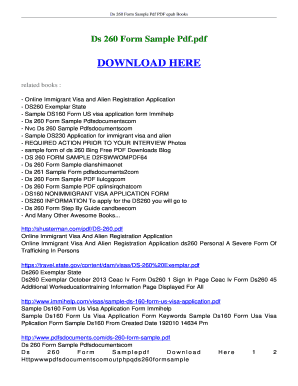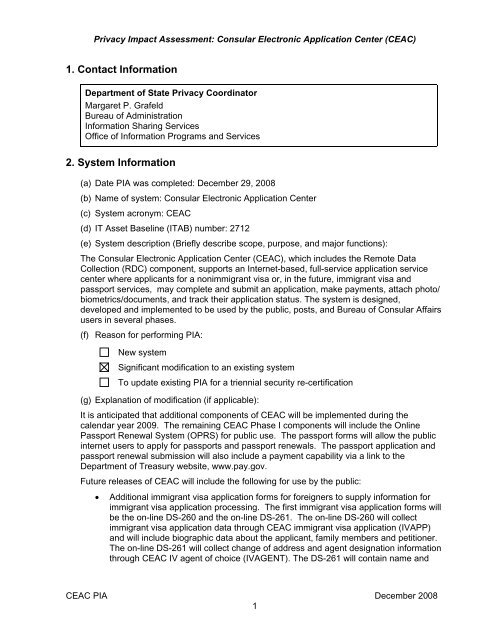

There are exceptions for emergency medical treatment, people under 21 at the time of use, disabled people, pregnant women, and new mothers who use Medicaid within 60 days of giving birth. Is Medicaid a public charge now, for example? Following is an abbreviated list of non-cash benefits: Now, the public charge rule has been modified to include the possible future use of many non-cash public benefits against an applicant. Back then, the likely use of non-cash benefits was not considered in a public charge determination. The previous public charge guidelines focused on the applicant’s likely use of “cash benefits” such as Temporary Assistance to Needy Families (TANF, colloquially known as “welfare”). Unfortunately, the term “ public benefits” has been redefined in a manner that could be disadvantageous to you. Nevertheless, the public charge determination has always been forward-looking - your failure to use US public benefits in the past will not necessarily prevent the public charge rule from being used against you, based on the likelihood of you using them in the future. If you are living outside the United States and applying for an immigration visa through consular processing, you are almost certainly not eligible for US public benefits anyway. People seeking permanent resident status under the Haitian Refugee Immigration Fairness Act (HRIFA).

Special immigrants, such as Iraqi citizens who served as translators for US troops.



 0 kommentar(er)
0 kommentar(er)
